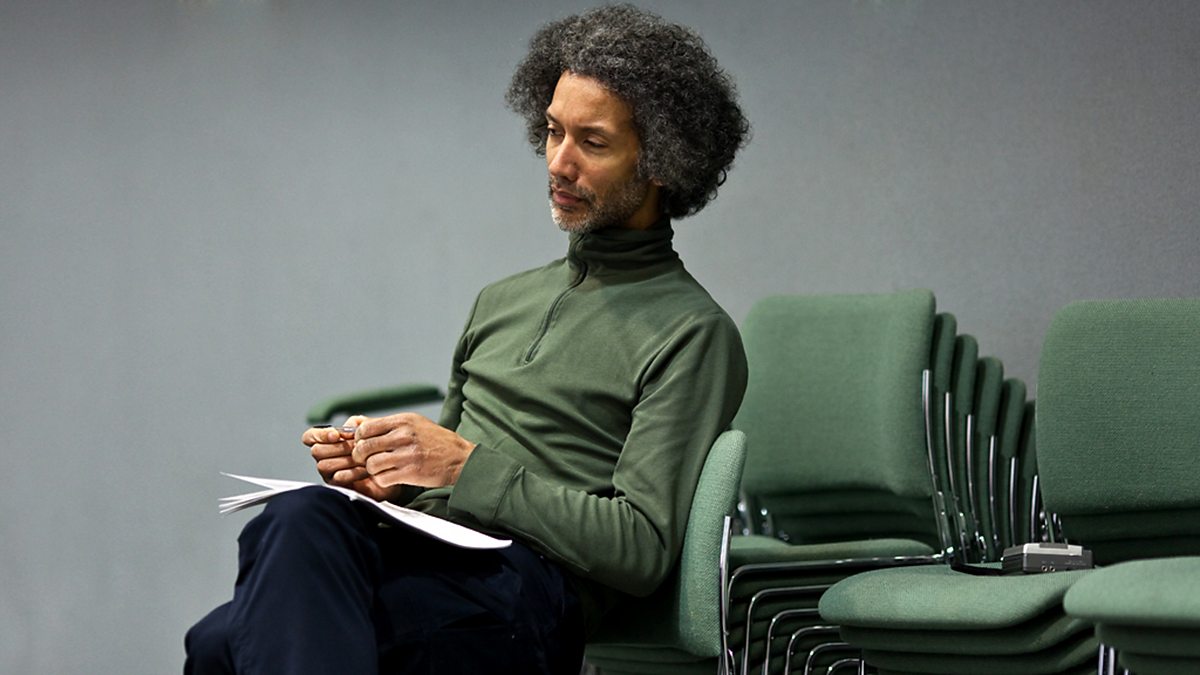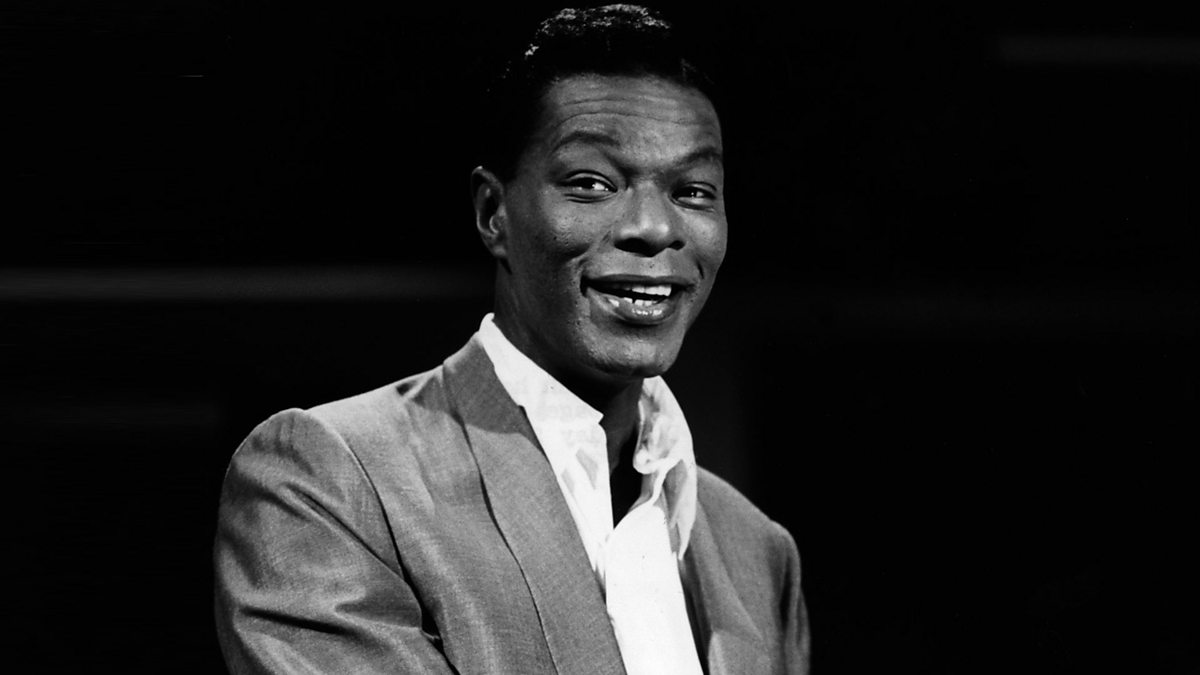Sat 30 Apr
4.00 Jazz Record Requests
Classic sessions by Ben Webster and Art Tatum feature among this week's selection of listeners' requests. Presented by Alyn Shipton.
5.00 Jazz Line-Up
For International Jazz Day, Kevin LeGendre presents live from Aberdeen's Blue Lamp. With acts including saxophonist Stan Sulzmann and his quartet and emerging Scottish jazz fusion group Gus Stirrat Band.
Evenin' all...
12.00 Geoffrey Smith's Jazz
Geoffrey Smith illustrates how 20th-century music giant Nat "King" Cole (1919-65) developed from a brilliant jazz pianist into a celebrated pop vocalist, [ ] surveying his keyboard hits, which inspired the likes of Oscar Peterson and Diana Krall.
] surveying his keyboard hits, which inspired the likes of Oscar Peterson and Diana Krall.
Mon May 2
Jazz Now
Soweto Kinch presents a set by Theo Croker and DVRK Funk and talks to Branford Marsalis about his new album and forthcoming UK solo tour.
In addition, on Radio 2:
At 12 noon and 7 pm, respectively, on Bank Holiday Monday and Tuesday May 3, Jamie Cullum broadcasts from the weekend's Cheltenham Jazz Festival. That's 2 hours on Monday and 1 hour on Tuesday, please note.
4.00 Jazz Record Requests
Classic sessions by Ben Webster and Art Tatum feature among this week's selection of listeners' requests. Presented by Alyn Shipton.
5.00 Jazz Line-Up
For International Jazz Day, Kevin LeGendre presents live from Aberdeen's Blue Lamp. With acts including saxophonist Stan Sulzmann and his quartet and emerging Scottish jazz fusion group Gus Stirrat Band.
Evenin' all...

12.00 Geoffrey Smith's Jazz
Geoffrey Smith illustrates how 20th-century music giant Nat "King" Cole (1919-65) developed from a brilliant jazz pianist into a celebrated pop vocalist, [
 ] surveying his keyboard hits, which inspired the likes of Oscar Peterson and Diana Krall.
] surveying his keyboard hits, which inspired the likes of Oscar Peterson and Diana Krall.Mon May 2
Jazz Now
Soweto Kinch presents a set by Theo Croker and DVRK Funk and talks to Branford Marsalis about his new album and forthcoming UK solo tour.
In addition, on Radio 2:
At 12 noon and 7 pm, respectively, on Bank Holiday Monday and Tuesday May 3, Jamie Cullum broadcasts from the weekend's Cheltenham Jazz Festival. That's 2 hours on Monday and 1 hour on Tuesday, please note.





Comment